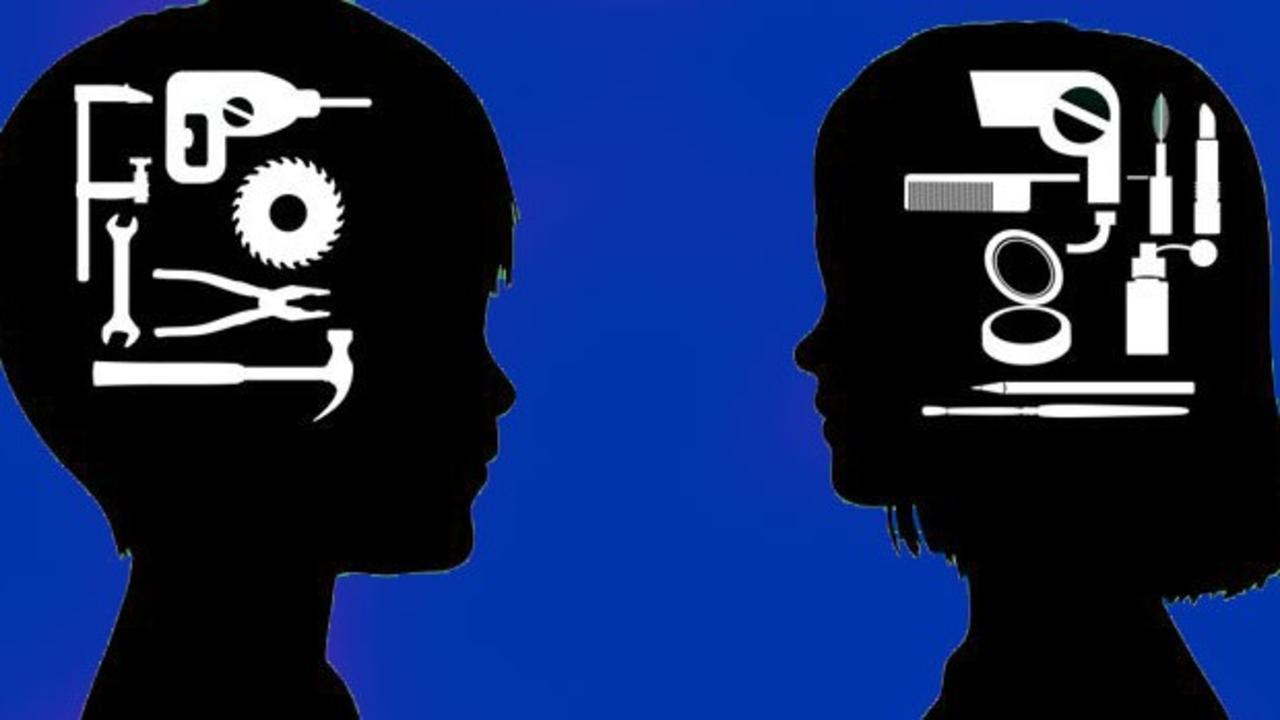Is Your Unconscious Bias Getting in the Way of Hiring the Best People?
Mar 24, 2019
We live in a world teetering on the edge of robotic overlord assimilation, where electronic employees will take over all our jobs.
Or so they tell us.
But until that happens, we still perform most of our interactions the stone age way; through humans. And, with that comes the truth that humans possess unconscious bias.
Unconscious biases are stereotypes we learn. They influence our behavior, whether we know it or not. These are deeply-rooted and unintended responses engrained inside of us. Like, the icky parts we never want to admit are there.
Unconscious bias is behind the motives and actions we take. We rarely know we have these bias’; thus, the term ‘unconscious.’
When unconscious bias enters the hiring process, it can significantly hurt your candidate search. As a hiring authority, we may unknowingly place more emphasis and less consideration on certain parts of a candidate’s application before we even get to know them.
The worst part is…we don’t even know we are doing it.
Which areas of candidate applications are most affected by unconscious bias?
• Job history
• Physical address
• First and/or last name
• Gender
One trend that recruiters see emerging are candidates who actively seek out companies who use applicant tracking systems in their hiring process. Most candidates now know that if they are qualified for the role, an ATS will float their resume to the top, without any human bias.
Enter…the robots.
Standardized Process
Smart candidates will look for employers that have a standardized process for hiring. The less subjective the process, the less the bias can enter and influence the final decision. Standardized hiring involves tests, assessments, and forms that can eliminate the need for human interaction. By the time you have a face-to-face meeting, candidates know that they’ve been selected based on what they offer, not just who they seem to be on paper.
Neutral Job Ads
Bright candidates will look for job ads that avoid gendered terms, terms that favor ethnicities, ages, or locations, and any term that excludes one group or seems geared towards other groups. If this sounds like a very time-consuming task, try a service such as Textio, an online tool that works to remove unconscious bias in your business communication. If you think you already have this covered, try the tool anyways. You may be surprised at what squeaks by even the most seasoned hiring authority.
Businesses with some of the best diverse hiring practices include Gap, Microsoft, and BMO Financial Group. These companies use robust applicant tracking systems and tools to pull bias
out of their talent search.
Now, using AI in the entire pre-screening process isn’t a reality for most companies yet, but that time is not far from arrival. Until then, try to make proactive steps to sidestep the unconscious bias as best you can to heighten your chances of uncovering the best candidates.
Wise words from Soichiro Honda, founder of Honda, "If you hire only those people you understand, the company will never get people better than you are. Always remember that you often find outstanding people among those you don't particularly like."
As a professional recruiter, I have all the tools built-in to ensure unconscious bias throughout all steps of the candidate search.
To learn more, give me a ring!
Amy
917-923-6879

